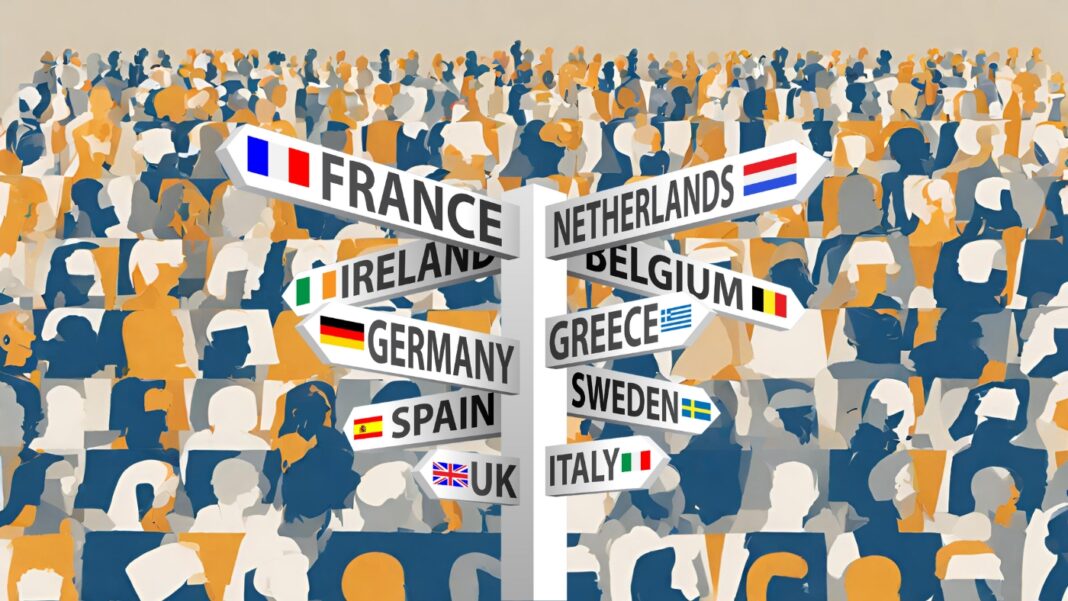In a step towards empowering workers in multinational companies based in the European Union, the EU has introduced a set of transformative regulations to strengthen European Works Councils (EWCs). This move marks an era of workplace democracy focused on improving communication and decision-making between employees and employers.
The initiative places importance on EWCs, which play a crucial role in giving employees a voice in matters that transcend national boundaries. These councils address issues like company restructuring, labour shortages and the integration of technologies. With representation from over 11.3 million employees across Europe EWCs highlight the EU’s commitment to participatory workplace governance. However, despite their coverage that includes more, than half of the eligible workforce, there are still around 4,000 eligible companies that have yet to establish their EWCs.
The proposal put forth by the European Commission aims to revitalize the EWC framework through significant improvements.
- Promoting Democratic Establishment of EWCs; The new rules strive to democratize the process of forming European Works Councils by granting equal rights to employees for initiating their creation. This proposed move has the potential to expand the benefits of European Works Councils (EWCs) to 5.4 million workers in 320 multinational companies. It aims to remove exemptions that limit worker participation.
One of the changes emphasizes the significance of timely and meaningful consultation between workers and multinational companies on matters directly impacting them. This fosters a transparent working environment.
- Recognizing the role of resources in ensuring effective functioning the Commission proposes equipping these councils with the necessary tools and support to effectively fulfill their mandate.
- To promote diversity and inclusivity the new rules include provisions for gender balance within European Works Councils. This reflects the EU’s commitment to achieving gender equality across all areas of work.
These anticipated reforms seek to enhance information flow and consultation thereby enriching strategic decision-making processes within companies while fostering mutual trust between management and workers. Additionally, these measures are designed to be cost-effective for companies without compromising their edge.
By taking these steps towards strengthening worker representation in multinational companies the EU establishes a precedent, for a more democratic, inclusive and resilient workplace culture.
This effort not only emphasizes the importance of collaborative training workshops in promoting improved work environments but also showcases the European Union’s strong commitment, to make sure that workers’ opinions are acknowledged and honoured in the international business arena.











